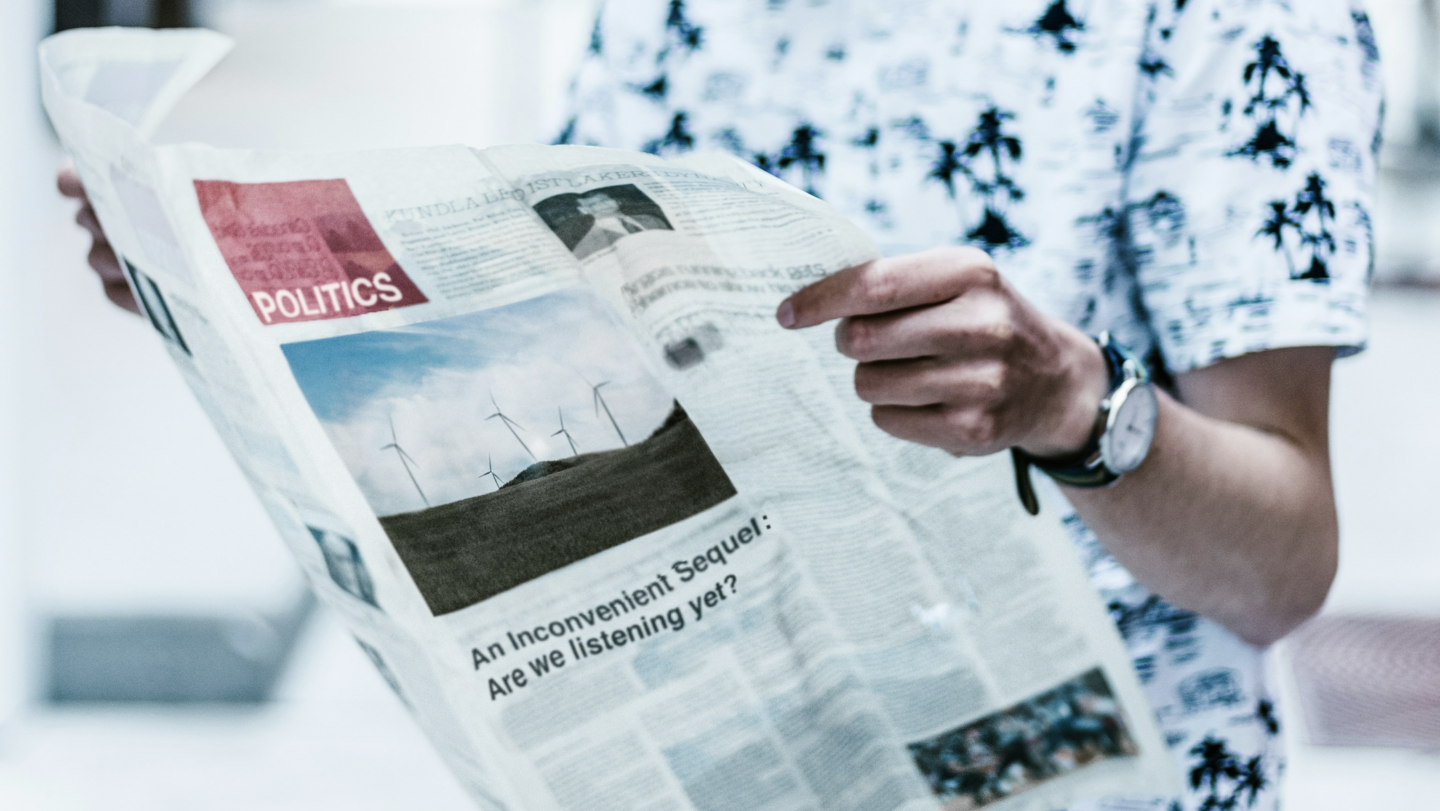Elections are an integral part of democracy. For some, it elicits excitement, potential, and hope. For others, there may be stress, defeat, and a sense of doom. As humans, uncertainty is inherently nerve-wracking. Yet in recent years, political tension and polarization have been on the rise, leading many to seek ways to cope with election anxiety. According to the American Psychological Association’s “Stress in America 2017 Snapshot,” the American population routinely reported work, money, and the economy as top stressors. During the Spring of 2016, the political climate and the U.S. presidential election rose within these ranks. In a stress-related survey conducted in January 2017, 57% of Americans reported that the current political climate is a very or somewhat significant source of stress, 66% said the same about the future of our nation, and 49% reported the outcome of the election as a very or somewhat significant source of stress. Unfortunately, this trend did not end. The same survey conducted for the 2020 election found that the presidential election was a source of stress for 68% of Americans, substantially higher than the corresponding 57% from the 2016 election. Even after the election, chaos was presumed, culminating in an insurrection on January 6, 2021.
As we close in on another bitter and divisive election year, it is important to examine factors that impact our mental health and ways to manage it. During a time that can feel so out of our control, being able to identify when and how to Cope with Election Anxiety is especially critical.
Brett Ford, Ph.D., an associate professor of psychology at the University of Toronto, discusses the “distinctive” ways in which political anxiety differs from general stress. Ford states: “Politics is a stressor that’s complicated and multifaceted… events can have both short- and long-term repercussions, and they often involve conflict between groups, which can have real-life social ramifications.” Studies have even found an increase in cortisol and testosterone, hormones associated with anxiety and depression, around election time. In another study, people who said their state was becoming more politically polarized were also more likely to develop anxiety or depression. When faced with uncertainty, bonding ties with politically like-minded people can reduce anxiety. However, this can be difficult for those in particularly polarizing environments, thus increasing feelings of isolation and exacerbating mental health outcomes. In addition, there are “subordinate structural levels of stress.” For some, especially minority populations, there is a degree of helplessness when dealing with systems much larger than you, which hold the power to enact damage if the election results yield one way or another. The convergence of stress is then heightened by 24/7 media exposure, much of which lies in our very pockets.
Being that it is virtually impossible to avoid politics, we must take active and intentional steps to protect our peace and learn how to Cope with Election Anxiety. The American Psychological Association offers ways in which we manage our stress in times of political change:
Stay Mindfully Informed
There are pros and cons to the degree to which we engage in politics. It is important we stay politically motivated enough to act while also not impairing our emotional well-being. We have emotions for a reason. They help us take action. If we never experience negative emotions, we might lose the motivation that enables us to create positive change. Staying politically informed can also help us to feel more in control of what often feels helplessly out of our orbit. To that extent, one’s involvement should not become debilitating. The APA suggests scheduling a short block of time in the morning and one in the evening to catch up on news, as well as utilizing “digital breaks” to focus on hobbies, exercise, or spending time with family and friends.
Find Commonalities with Others
One of the most disheartening outcomes of political unrest is the impact it can have on relationships. If the topic of political differences arises, try identifying commonalities within your different views. Be open to hearing someone else’s point of view and separating their inherent value from their viewpoints. When conversing with loved ones, the University of California’s Counseling Center suggests reminding oneself of the following: “I can love someone without agreeing with them or even understanding why they think the way they do. Our relationship is built on so much more than our political views.” If you find it too difficult to do so in a constructive manner, there is no harm in disengaging.
Get Involved
Focus on what you can control. Take action to address your concerns. Research organizations pertinent to issues that are important to you. Engage with the city council or town hall. Take a deeper look at candidates and policy and create a plan to vote. Getting involved can feel overwhelming, but you might find that it is easier than you initially expected. Taking active steps to address concerns that may feel out of your power can be empowering and rewarding, providing a tangible way to Cope with Election Anxiety.
Take Care of Yourself
Make sure to prioritize self-care! Identify what works for you and stick with it. This might look like meditation, exercise, or increasing time spent with friends and family. Be mindful of getting enough sleep, eating healthy, and recognizing if you ever need to reach out to a mental health professional for added support.
Krystal Lewis, a psychologist at the National Institute of Mental Health, notes that “uncertainty is a breeding ground for anxiety and fear.” It is normal and valid to feel a range of heightened emotions during the time leading up to the elections and even after. Ultimately, utilizing one’s fears and channeling them into meaningful actions or ways of connecting with others can support citizens as they work to Cope with Election Anxiety during what can be a very tumultuous time.

